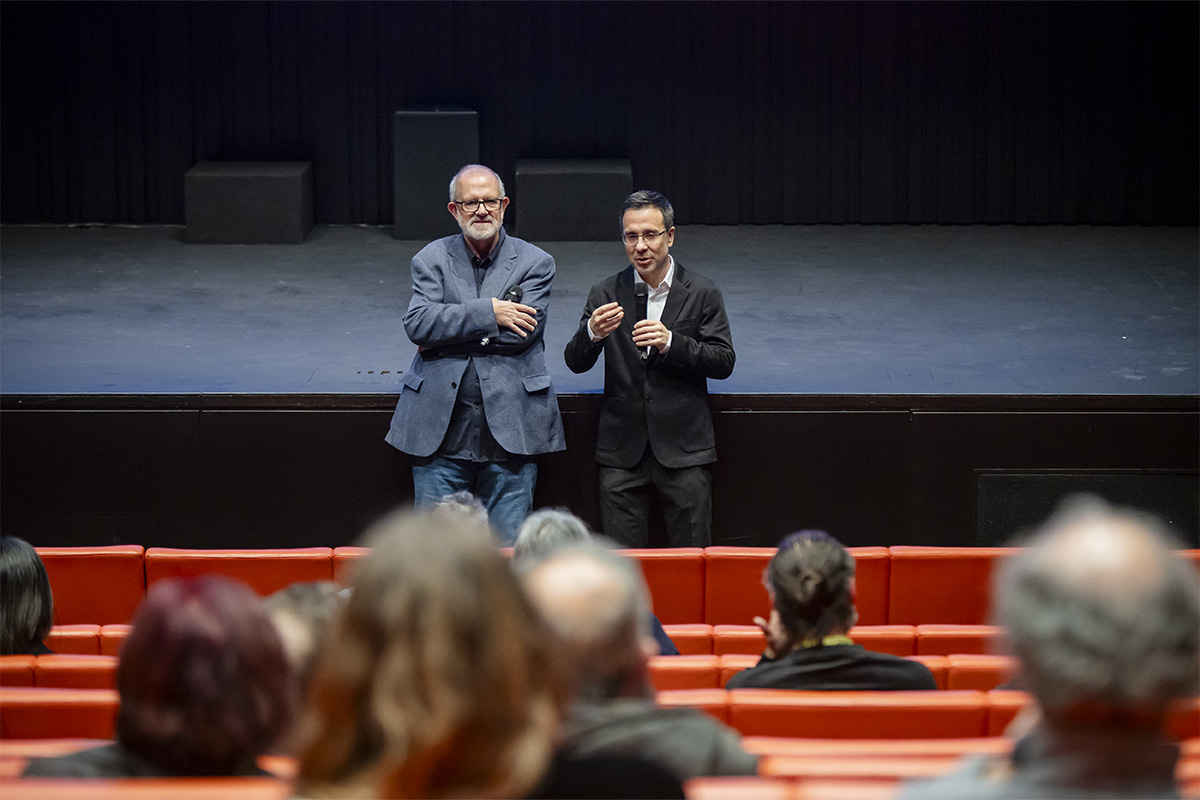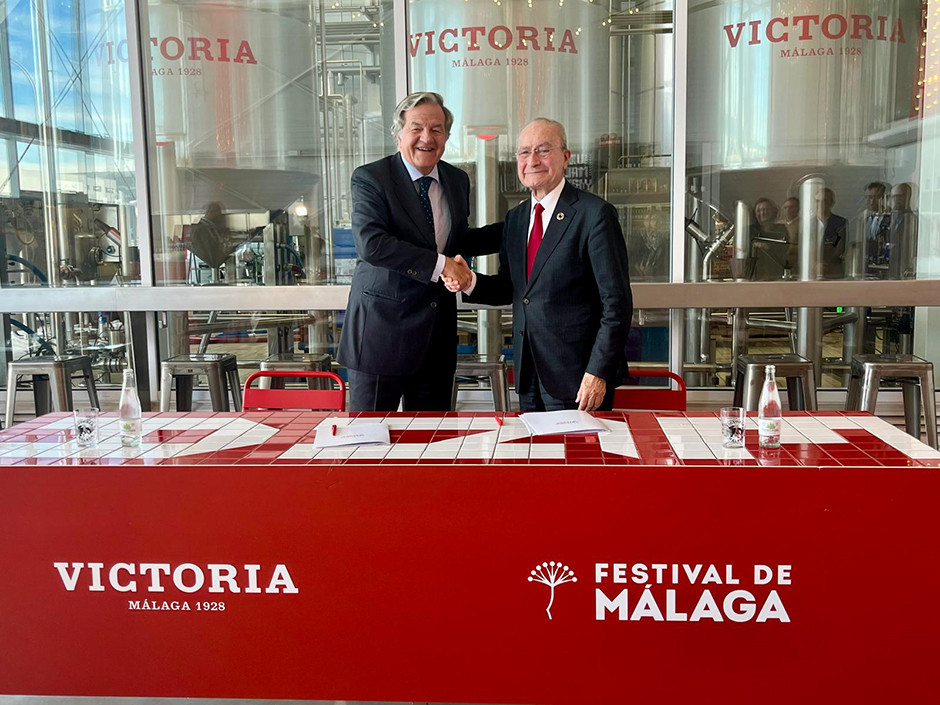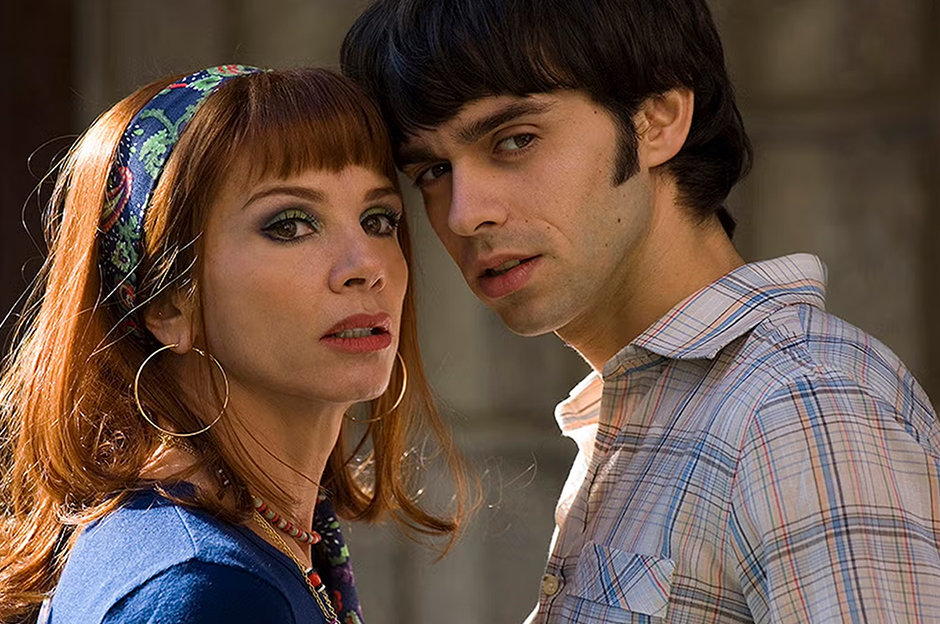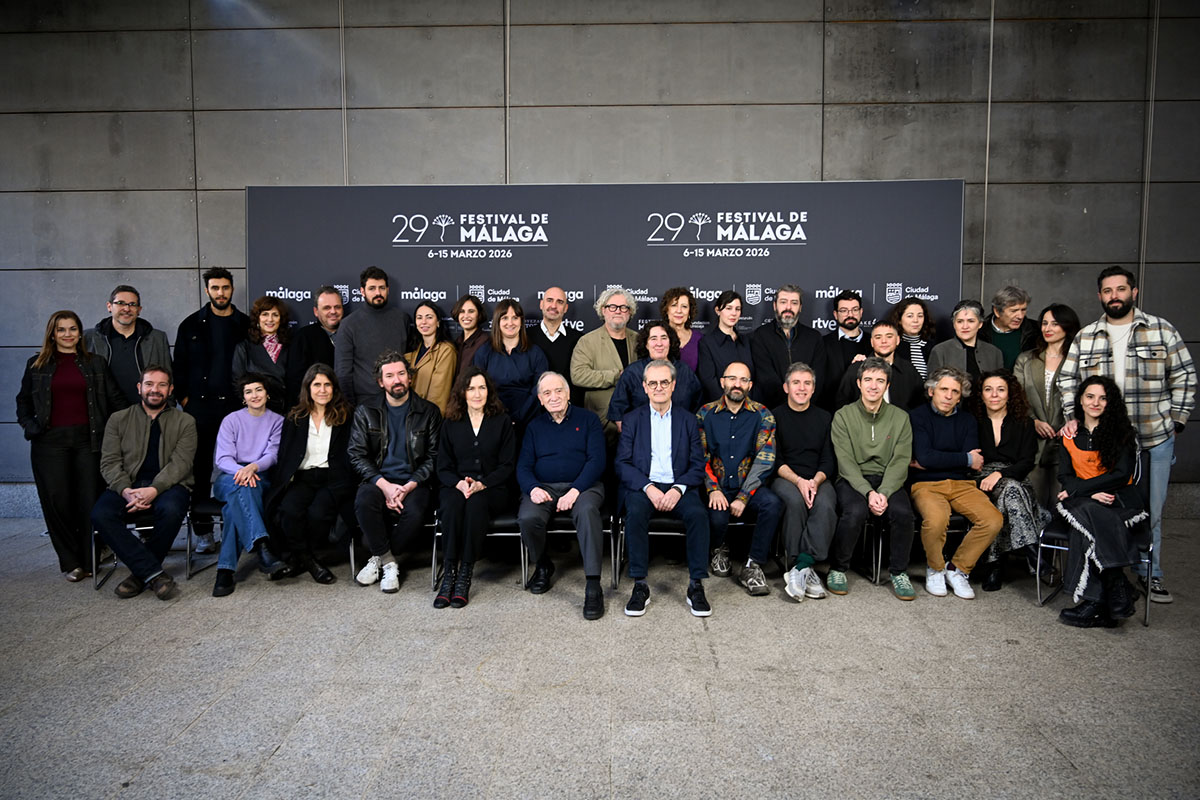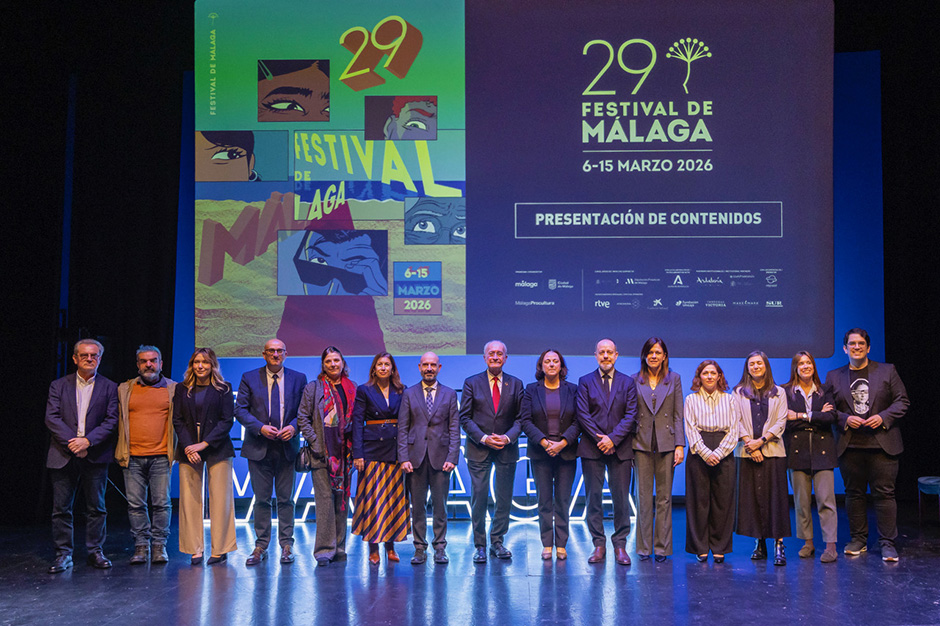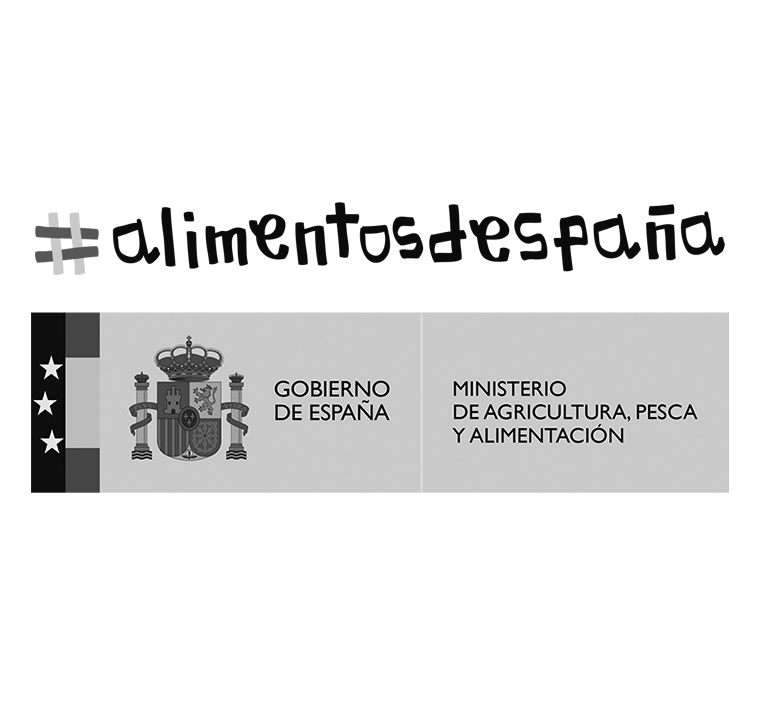Four documentaries explore politics, film, territorial sovereignty and music at the Festival de Málaga
Portraits of historical figures, social conflicts and forgotten artists come together in the Documentary Special Sessions section
This Monday, 17 March, the Festival de Málaga hosted the screening of four documentaries that deal with the impact of politics, cinema, territorial sovereignty and music. These have offered the public an in-depth look at key figures and issues that have marked the social and cultural debate.
'Lago Escondido, soberanía en juego': the conflict over access to private territory
Directed by Camilo Gómez Montero, this documentary deals with the controversy surrounding the privatisation of a 12,000 hectare territory in Argentinian Patagonia. The film follows a group of activists trying to gain access to Hidden Lake, a natural resource controlled by British businessman Joe Lewis.
The production, made by Payé Cine and Morello, analyses sovereignty, access to common goods and economic power in territorial management. With unpublished material and key testimonies, the documentary exposes the tensions between public law and private interests in a conflict that has generated mobilisations and debates in Argentina.
The presentation was attended by two of the protagonists, Francisco Olveira and Gladys Orellana, and Javier Morello, producer. In a colloquium where the current political situation was very much in the spotlight, there was also room for humour: "We did the path you see in the documentary once, but those who filmed it did it twice or more," joked Olveira, who confessed that the presentation at the María Victoria Atencia was very special because it brought together two of his loves: "Malaga and Argentina".
'Dolores Ibárruri. La Pasionaria': the portrait of a historic leader
Directed by Amparo Climent, this documentary offers a humanised view of Dolores Ibárruri, president of the Communist Party of Spain and symbol of the anti-fascist struggle. Through historical documents, poetry and music, the film reconstructs her political and personal trajectory, addressing her life as a woman, mother and grandmother, marked by resistance and exile.
The screening of the film was attended by the director, Amparo Climent; the producer María Luisa Gutierrez; Dolores Ibárruri's granddaughter, Lola Ruiz; and the singer who voices the melody of 'Santa Bárbara Bautista', Lourdes Pastor.
The director stressed that: "Dolores is a character that today more than ever deserves to be heard." He defined her as "an icon of the 20th century"; and assured that with this film they have tried to "represent a woman like all of us, who tries to get ahead." He ended by saying that the message of the film is "to fight and to engage".
For her part, La Pasionaria's granddaughter, Lola Ruiz, praised her grandmother as a "sensitive" and "faithful" woman who fought for social justice.
The film's producer, María Luisa Gutierrez, concluded by saying that both Dolores and this documentary "form part of our historical memory".
'Borau y el cine': the legacy of a unique creator
Germán Roda's documentary reviews the career of filmmaker José Luis Borau, one of the most influential figures in Spanish cinema. Through the testimony of personalities such as Icíar Bollaín, Manuel Gutiérrez Aragón, Alicia Sánchez, Miguel Rellán and Fernando Méndez-Leite, the film traces Borau's impact on national cinematography and reviews key moments in his career, such as the Golden Shell at San Sebastián for 'Furtivos' (1975) and the Goya for best director for 'Leo' (2002).
For Roda, this documentary has been a journey full of learning that has brought him closer to the filmmaker: "When I started the process I thought I didn't have much in common with Borau, but little by little I realised that we have many similarities and in the end it became like seeing myself reflected in a mirror."
'El Sr. Papú': a forgotten musician and poet
Directed by Ami Cumpián and Yolanda Luna, 'El Sr. Papú' is a short documentary film that explores the life and work of José Miguel Hermoso Mérida, a guitarist and composer from Malaga linked to experimental music and surrealist writing. Through the testimonies of friends, archive images and unpublished recordings, the film reconstructs his career and rescues his figure from oblivion.
Many of his compositions have been performed for the first time for this film, which aims to show his influence on the cultural scene in Malaga despite not having achieved recognition in his time.
The directors, born in Malaga, have worked in the creation of artistic and documentary videos with a focus on memory and identity. Their films include 'La carretera madre' (2024) and 'Y eres… y ya no eres' (2022).
After their screening at the Festival de Málaga, these documentaries will begin their tour of cinemas and international festivals.
Share








